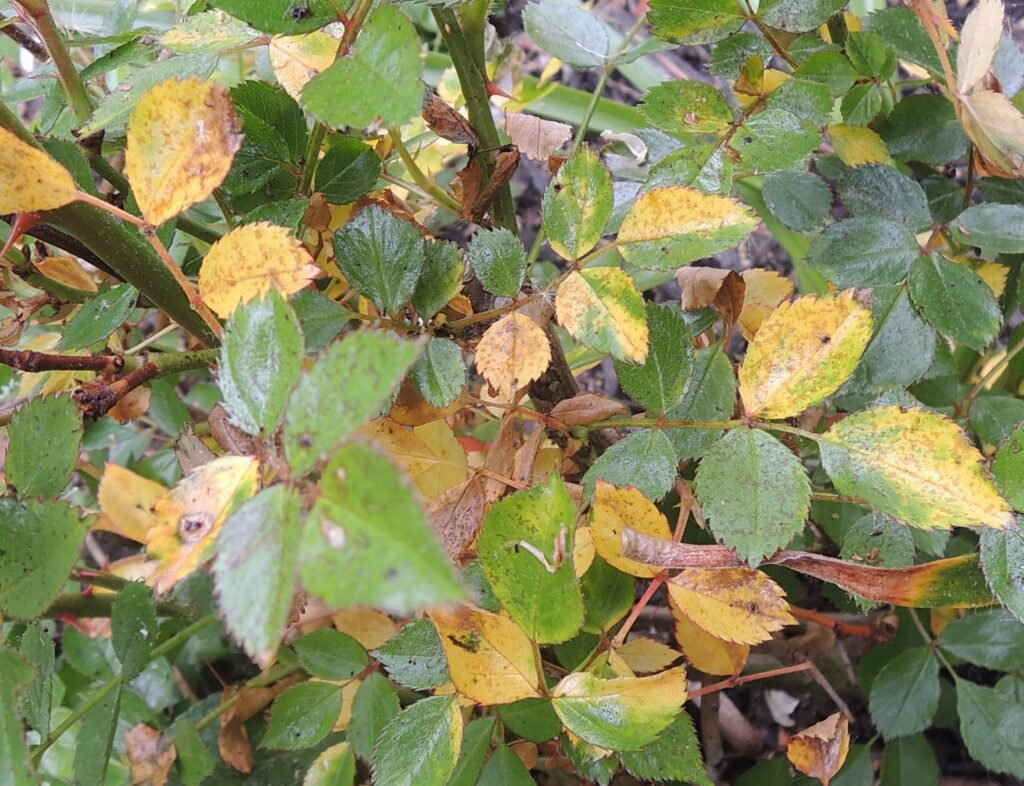If you’ve noticed your rose leaves turning yellow, you’re not alone. Yellowing leaves can be a sign of various underlying issues affecting your rose plants. In this guide, we’ll explore eight common causes of Rose Leaves Turning Yellow and provide practical solutions to address each problem effectively.
1. Lack of Water
Symptoms:
- Yellowing leaves starting from the bottom of the plant
- Dry and crispy foliage
- Wilting or drooping appearance
Solution:
Ensure your rose plants receive an adequate amount of water, especially during hot and dry weather. Water deeply at the base of the plant to promote deep root growth and prevent moisture stress.
2. Overwatering
Symptoms:
- Yellowing leaves with soggy or waterlogged soil
- Root rot and foul odor
- Wilting despite moist soil
Solution:
Allow the soil to dry out slightly between waterings to prevent overwatering. Ensure proper drainage in containers and avoid watering excessively, as saturated soil can lead to root suffocation and fungal diseases.
3. Nutrient Deficiencies
Symptoms:
- Yellowing leaves with green veins (indicative of iron deficiency)
- Pale or mottled foliage
- Stunted growth and poor flowering
Solution:
Fertilize your rose plants regularly with a balanced fertilizer formulated specifically for roses. Address specific nutrient deficiencies by supplementing with iron chelates or micronutrient-rich fertilizers as needed.
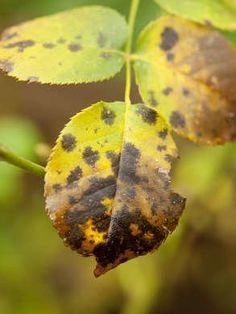
4. Pest Infestations
Symptoms:
- Rose Leaves Turning Yellow with visible signs of insect activity (e.g., holes, webbing)
- Presence of pests such as aphids, spider mites, or thrips
- Distorted or curled leaves
Solution:
Inspect your rose plants regularly for signs of pest infestations and take prompt action to control them. Use organic or chemical insecticides as directed to eliminate pests and prevent further damage to your plants.
5. Fungal Diseases
Symptoms:
- Yellowing leaves with dark spots or lesions
- Powdery mildew or black spot on foliage
- Wilting or dieback of affected branches
Solution:
Practice good sanitation by removing and disposing of infected plant material promptly. Apply fungicides preventatively or as soon as symptoms appear to control fungal diseases and protect healthy foliage.
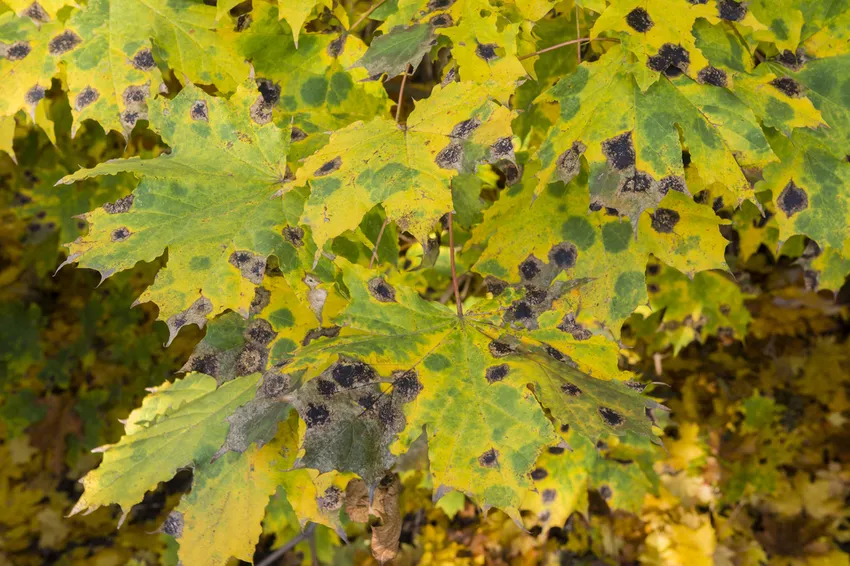
6. Environmental Stress
Symptoms:
- Yellowing leaves during extreme temperatures (hot or cold)
- Sunburn or leaf scorch on exposed foliage
- Leaf drop due to transplant shock
Solution:
Provide shade during hot summer months to protect rose plants from excessive heat and sun exposure. Shield plants from cold temperatures and frost damage by covering them with frost cloth or moving them to a sheltered location.
7. Root Damage
Symptoms:
- Rose Leaves Turning Yellow accompanied by poor root development
- Girdling or circling roots in container-grown roses
- Wilting despite adequate soil moisture
Solution:
Inspect the roots of affected plants for signs of damage, such as girdling or root rot. Correct any issues with rootbound plants by gently loosening the root ball and transplanting into a larger container or into the ground.
8. pH Imbalance
Symptoms:
- Rose Leaves Turning Yellow with overall poor growth
- Acidic or alkaline soil conditions
- Reduced nutrient uptake and availability
Solution:
Test the pH of your soil using a soil testing kit and adjust it as needed to fall within the optimal range for roses (pH 6.0 to 6.5). Amend the soil with lime to raise pH or sulfur to lower pH and improve nutrient availability for your plants.
Conclusion
In conclusion, Rose Leaves Turning Yellow can indicate various underlying issues affecting the health and vitality of your plants. By identifying the cause of yellowing foliage and implementing appropriate solutions, you can ensure your roses remain healthy, vibrant, and free from common problems.
FAQs of Rose Leaves Turning Yellow
Can I save my rose plant if the leaves have already turned yellow?
In many cases, yes. Identifying and addressing the underlying cause of Rose Leaves Turning Yellow can help improve the overall health of your rose plant and encourage new growth. However, severe damage or prolonged stress may impact the plant’s recovery.
How often should I fertilize my rose plants to prevent nutrient deficiencies?
Fertilize your rose plants regularly throughout the growing season, following the instructions provided on the fertilizer label. For most roses, applying fertilizer every 4 to 6 weeks during the growing season is sufficient to maintain optimal nutrition.
Are there any natural remedies for controlling pests and diseases on rose plants?
Yes, several natural remedies can help control pests and diseases on rose plants, including neem oil, insecticidal soap, and homemade botanical sprays. Additionally, promoting good garden hygiene and encouraging beneficial insects can help reduce pest populations naturally.

